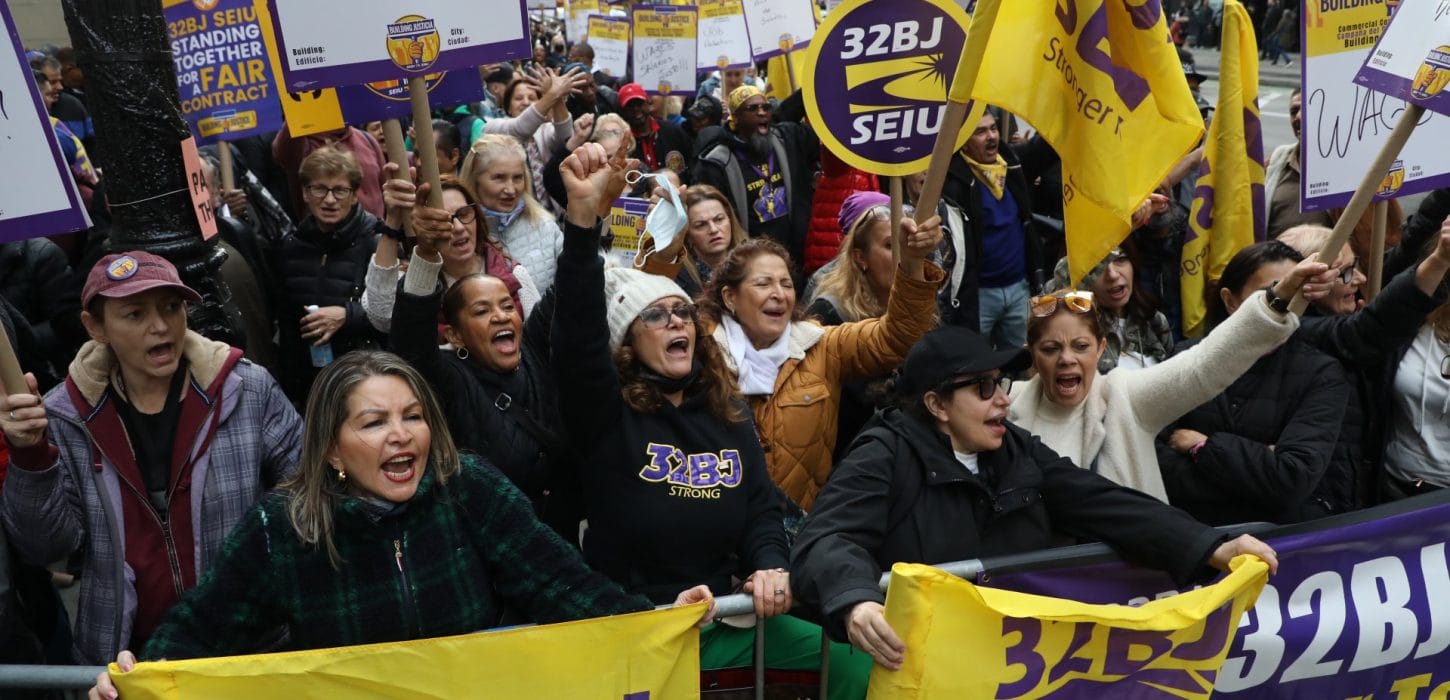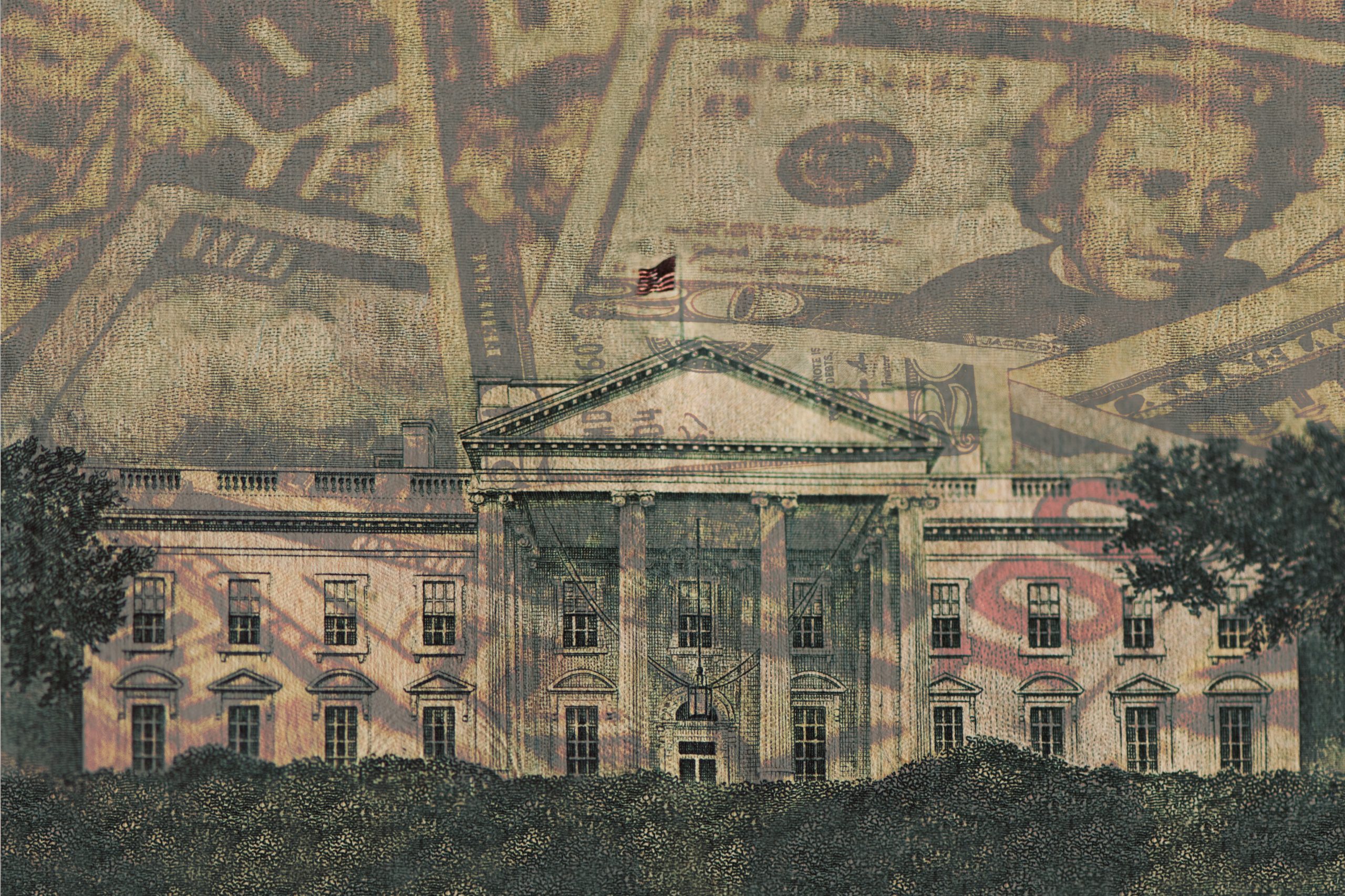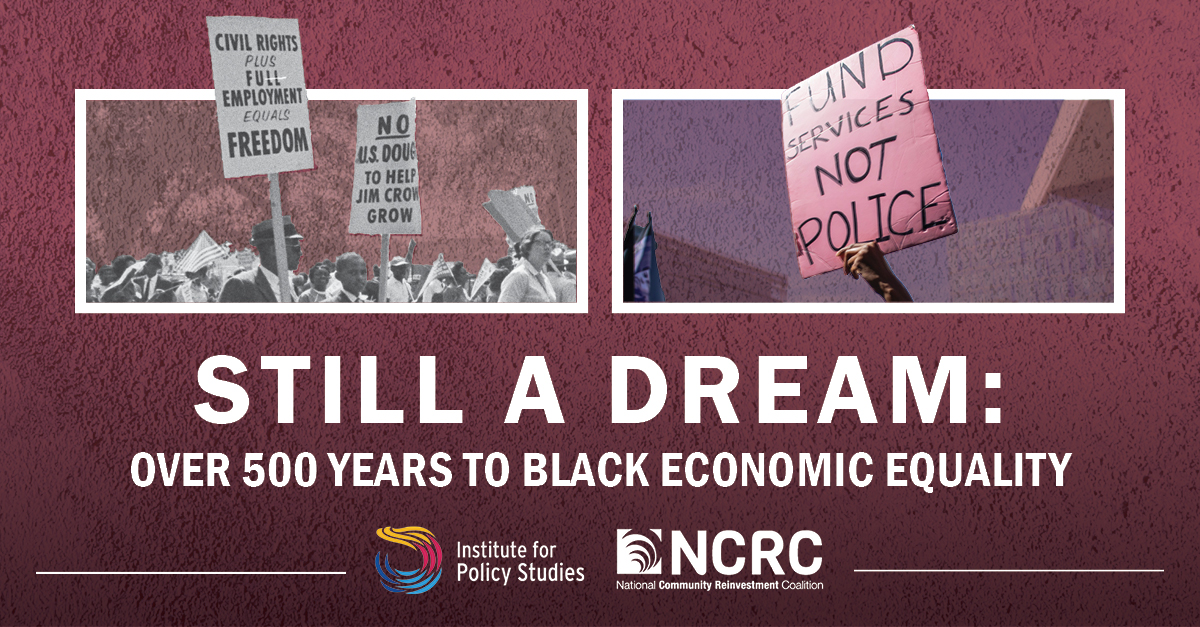
FACT SHEET: The Department of Energy Needs to Stop Greenwashing Fossil Fuels
“Carbon management” technologies are dangerous distractions from the need to phase out fossil fuels and transition to truly renewable energy.

“Carbon management” technologies are dangerous distractions from the need to phase out fossil fuels and transition to truly renewable energy.

Electric air taxis aren’t going to save the world. Really taxing the rich, on the other hand, could.

If activists succeed in stopping the Hanscom expansion, it will be the next “shot heard ’round the world” on a warming planet.

A Q&A with a veteran building cleaner on what’s at stake for her workplace, her union, and her city’s working class.

In demanding a ceasefire and relief to Gaza, we are upholding a tradition of Black freedom struggle that sees justice as a matter that extends across and beyond national borders

All companies receiving federal funds should face the same restrictions.

By flying in private jets, America’s wealthiest engage in an indefensible form of waste on a warming planet: Heir pollution.

Climate justice activists are taking a stand against the expansion of New England’s largest private jet port: Hanscom Field.

What we need is a bold “just transition” program that ends fossil fuels as soon as possible.

What can you do when you’ve run out of options at the local and national levels?

60 years after the March on Washington for Jobs and Freedom, the racial wealth divide persists.

Detroit’s automakers are lusting after the massive executive rewards in the Musk corporate empire

Commercial DAF sponsors are squirreling away money intended for charities at a greater clip than they’re giving it away.

With its strategy of bomb and blockade, Russia is literally taking the food out of the mouths of the hungry.

Republicans want to fill the defense bill with bans on abortion, trans health care, and racial diversity initiatives in the military.